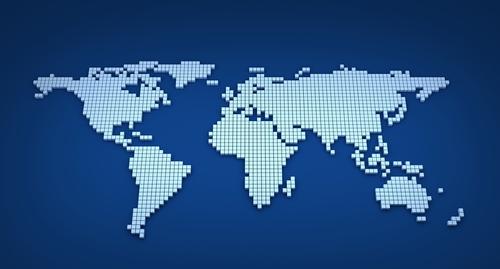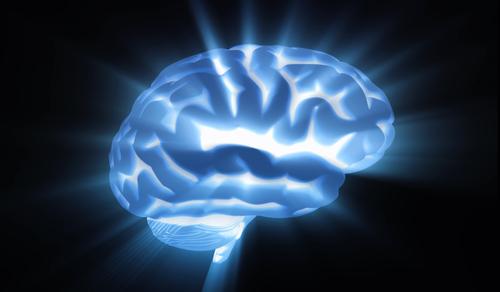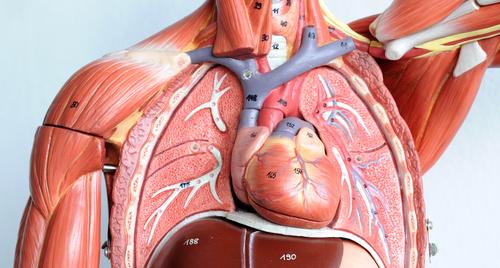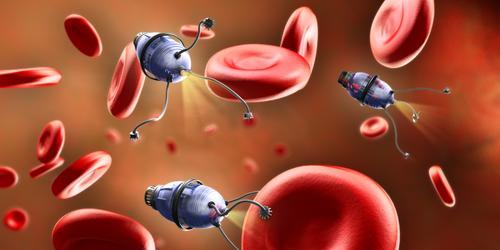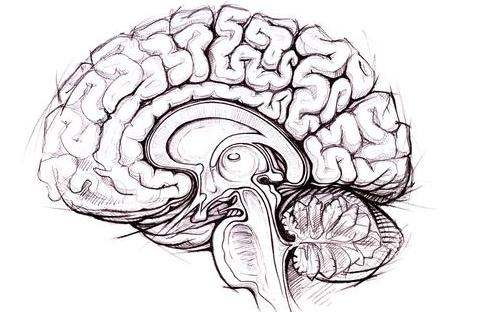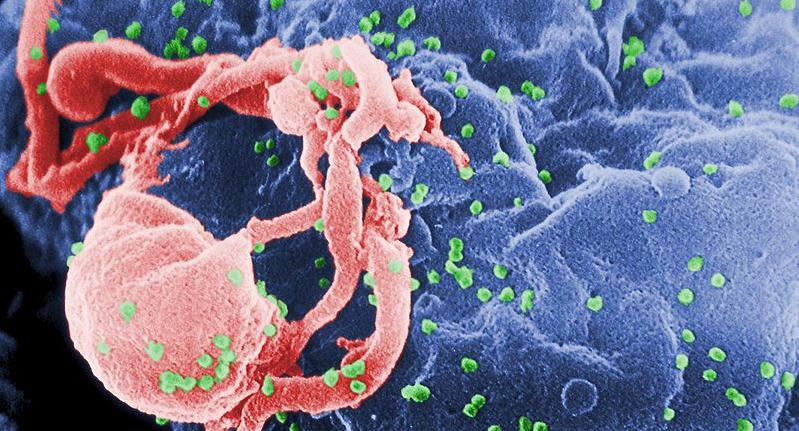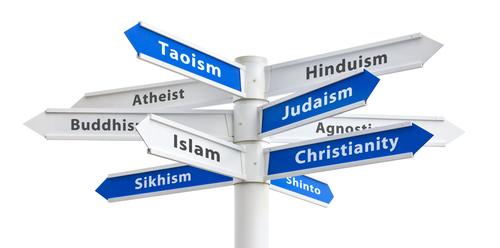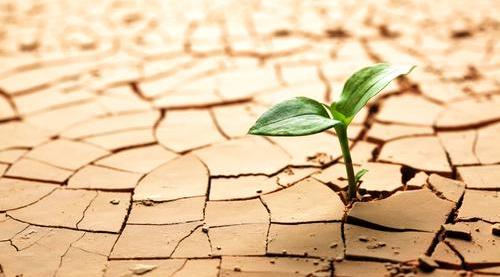Orion Jones
Managing Editor
Get smarter, faster, for success in the knowledge economy. Like us on https://t.co/6ZFWKpoKLi or visit https://t.co/d7r7dG2XOq
Market-based reforms are helping to create a service and manufacturing-based African middle class. As a result, populations are more likely to demand fairer government rule.
World leaders have pledged $16 billion in foreign aid over the next four years, but observers say past money has been poorly spent and that many businesses don’t even have electricity.
Notre Dame moral philosopher Gary Gutting asks whether, morally speaking, an American president could acquiesce to another country’s policies that harm US citizens in the name of some greater good.
Technology has fomented a new global protest movement, spanning from the Middle East to the West. But the ease of online activism also threatens any lasting power groups can gain.
By understanding what causes shifts in how we experience consciousness, neuroscientists will be able to understand more fully what underpins our connection to the external world.
The omnipresence of instantaneous technology has made us more likely to make snap decisions and judgements, often with bad consequences. Scientists have found a solution, though.
University of Chicago researchers have found that words in our native tongue carry more emotional impact than words in a second language, influencing how we make important decisions.
Biomedical gerontologist Aubrey de Grey likens the human body to a VW bug. In the future, medicine will enable us to replace our aging parts, extending life far beyond current limits.
The psychological phenomenon known as fundamental attribution error describes our tendency to locate the cause of mistakes outside ourselves yet blame others personally.
Researchers have found a way to unclog obstructed blood vessels, leading to heart attacks and strokes, by the use of a low-dose drug delivery system.
Through a collaboration of studies researchers have identified a parasite they believe is linked to suicide in women.
Genetic engineers have penned a report on why genetically-modified food is dangerous.
Anxiety rates have risen in our country for the last four decades. Sociologists blame the increased number of choices we have and the failure of the mythical American meritocracy.
A recent study indicates social networks such as Facebook and Twitter can effect health behaviors in humans.
A slate of surveys suggesting that sex has become less of a priority to Americans mask a sinister commercialism, which companies use to suggest their product is better than sex.
Recently, the FDA approved a home HIV testing kit to purchase over-the-counter.
The Supreme Court has helped define two kinds of patriotism: One which defends against outside intruders and one which promotes the common good. We need more of the latter.
Is religion the only thing that can inspire feelings of a transcendent hope? Perhaps that is the wrong question. Do we even need hope to live? British philosopher Julian Baggini responds.
For Safraz Manzoor, a father of a 10 month-old daughter, most of the “advice” he received came in the form of societal expectations. Now he opens up about what fatherhood is really like.
Mind reading devices that can alert soldiers to things they’ve seen, but that their brains aren’t yet aware of, could save lives. Some scientists worry it could also extend the theater of war.
Competition is driving companies to automate more and more middle-class jobs. Sectors of the economy like legal research and nursing are being “hallowed out” says an MIT economist.
By optimizing technologies currently on the market, cars will soon be unclogging traffic jams more efficiently than humans can. After the jam is cleared, control of the car is returned to the driver.
By storing quantum data, or qubits, inside a specially-made diamond, researchers have made a technological breakthrough that should allow for a host of real-world quantum applications.
Any doomsday prophet worth her salt will tell you about the coming water wars. But with the help of nanotechnology, desalination could become far less energy-intensive, i.e. cheaper.
The Higgs boson has helped scientists confirm that there exists a vast, though nearly invisible, field of energy without which all the Universe would be massless whizzing forces.
When NASA’s newest Mars rover, Curiosity, touches down, scientists will study its landing technology to understand how suitable it would be for sending a manned mission to Mars.
While today’s announcement of the Higgs’ discovery is important, we should not elevate it to deity-status, says Dr. Dave Goldberg, professor of physics at Drexel University. It’s just a particle.
The extreme weather events of this American summer–horrendous wildfires, oppressive heat waves, devastating droughts–are precisely what global warming looks like, say climate scientists.
Scientists at the CERN laboratories in Geneva, Switzerland, have announced they found strong evidence supporting the Higgs’ existence, largely completing the Standard Model.
Before we celebrate our nation’s freedom and independence, let us take a minute to support a struggle not-yet won: Internet freedom, which has become essential to participatory democracy.



